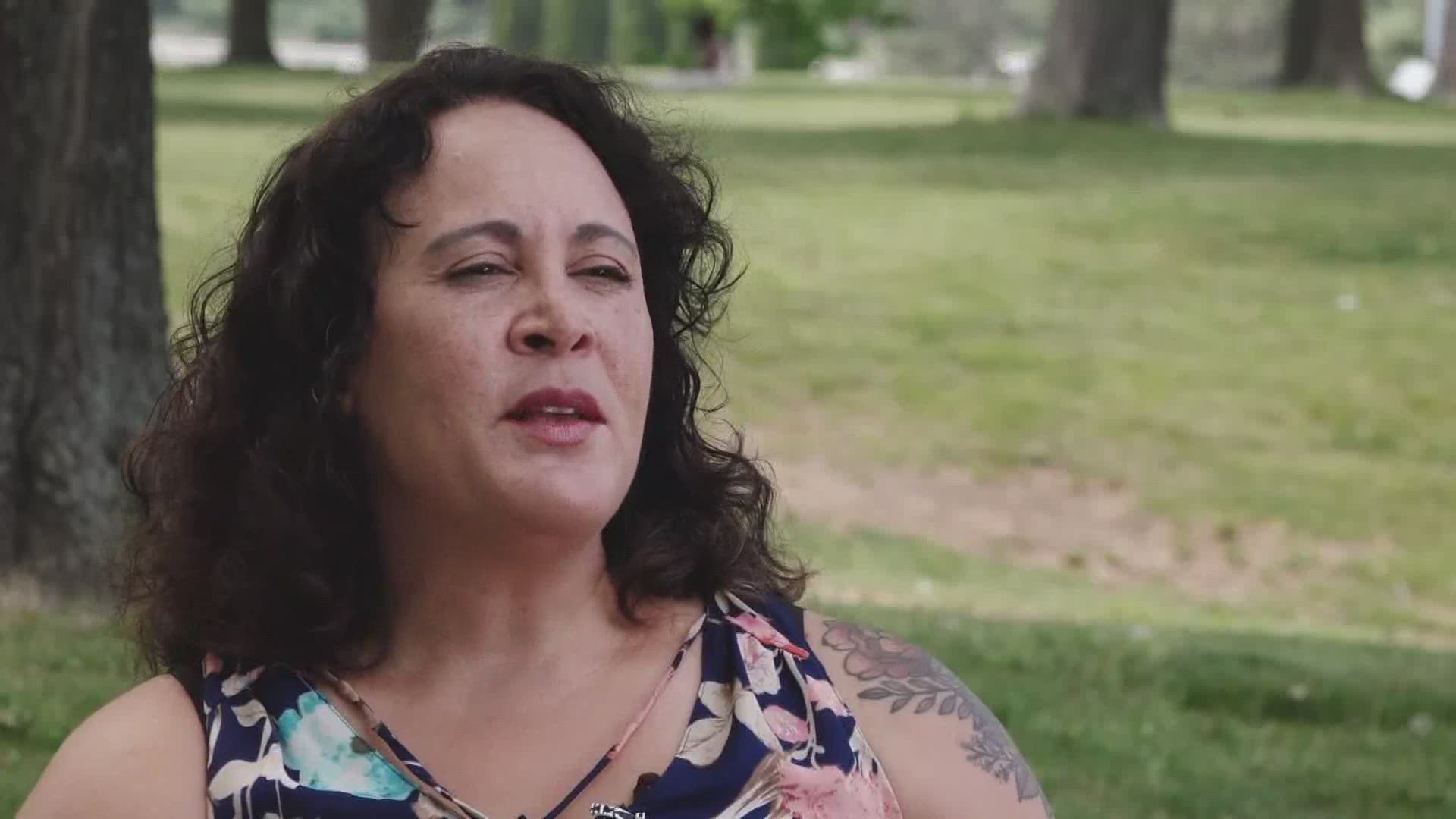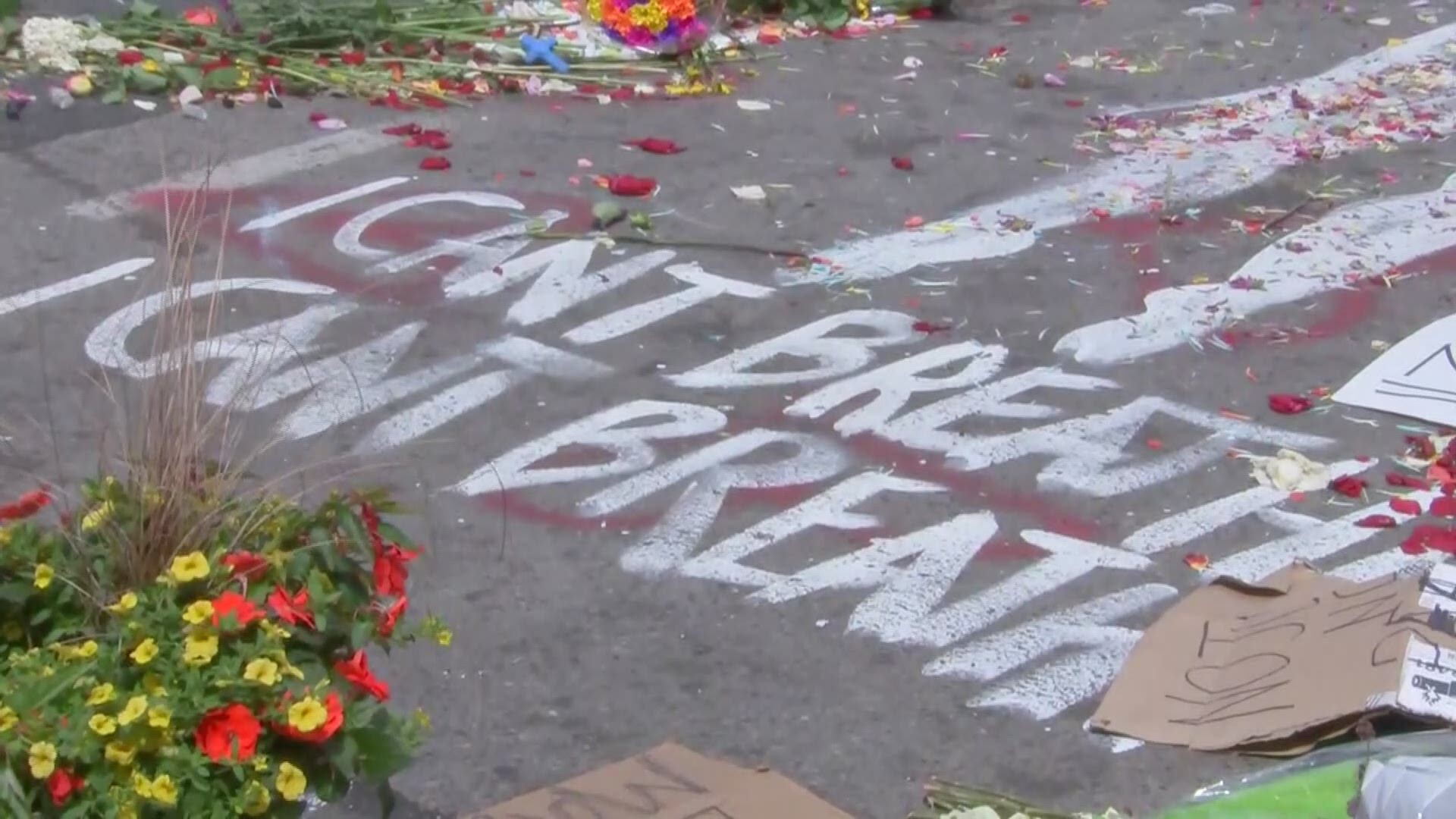PORTLAND, Maine — Tamara Field moved to Maine over a decade ago from Chicago with her two young children, a son now 14 and a daughter now 12. Field was raised by adoptive white parents and says she knew very little about what it meant to be black until middle school when she started to experience racism for the first time from peers of all colors.
"I really didn't know what it meant to be black, at all," admits Field.

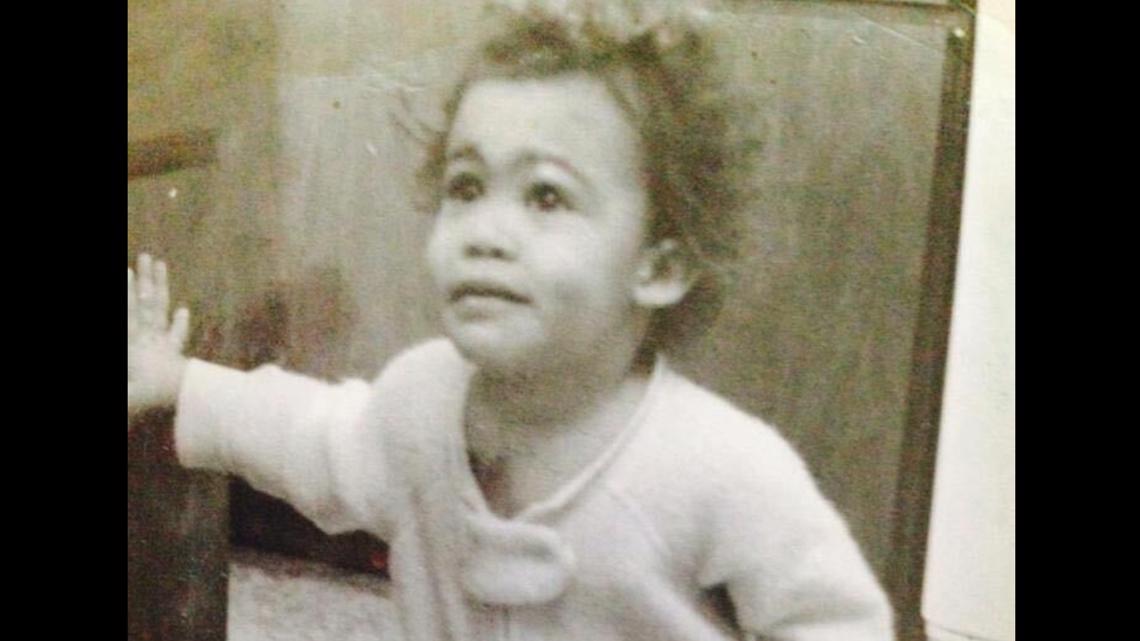
Field is raising her biracial children in the Belfast area and says her son has already been called the n-word by a peer. For her, talking about the death of George Floyd, the protests that have erupted around the nation and across Maine and race is almost a daily conversation with her children.

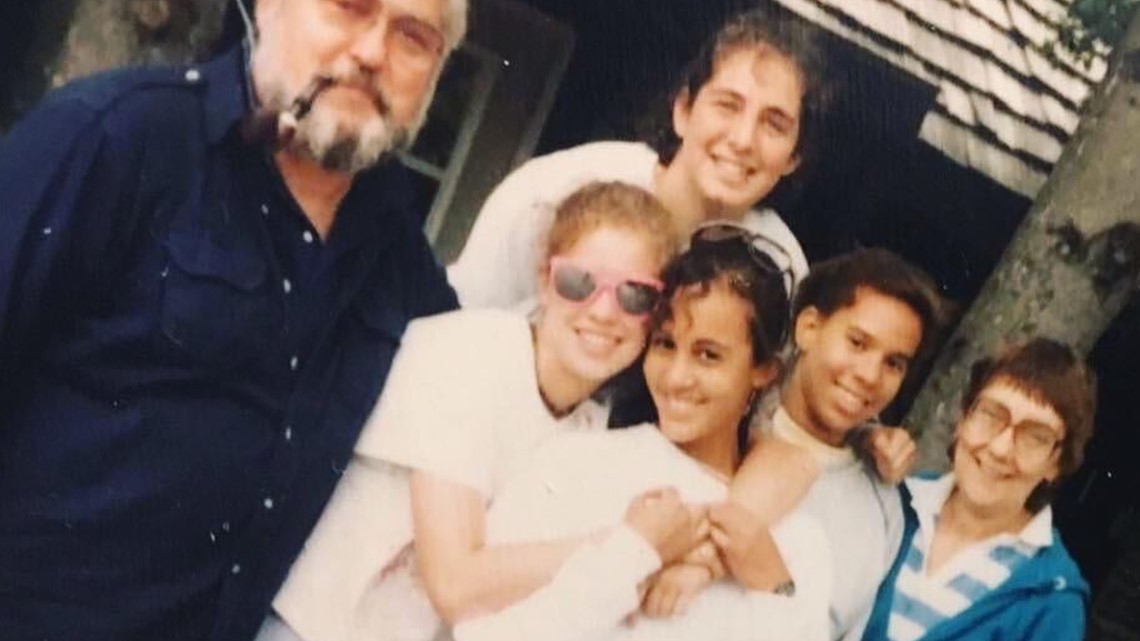
"I fear for my son's safety anywhere in the United States."
Since her children were young, Field says people have always been interested in the color of their skin and in the color of her skin. Many people over the years have asked if she is her daughter's mother because her daughter has lighter skin.

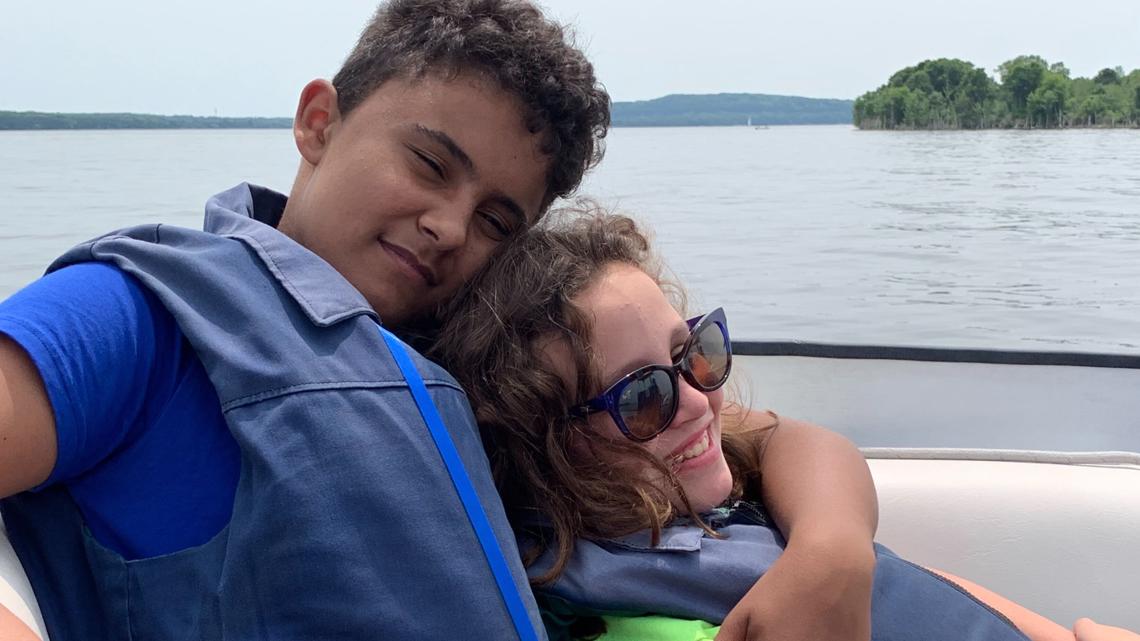
Fields son has taken an active role in recent protests, attending one in Belfast and is showing more interest than her daughter. Field says she lets her children's interest be a guide.
"I am not going to push it on her," Field says of her daughter's interest level in race.

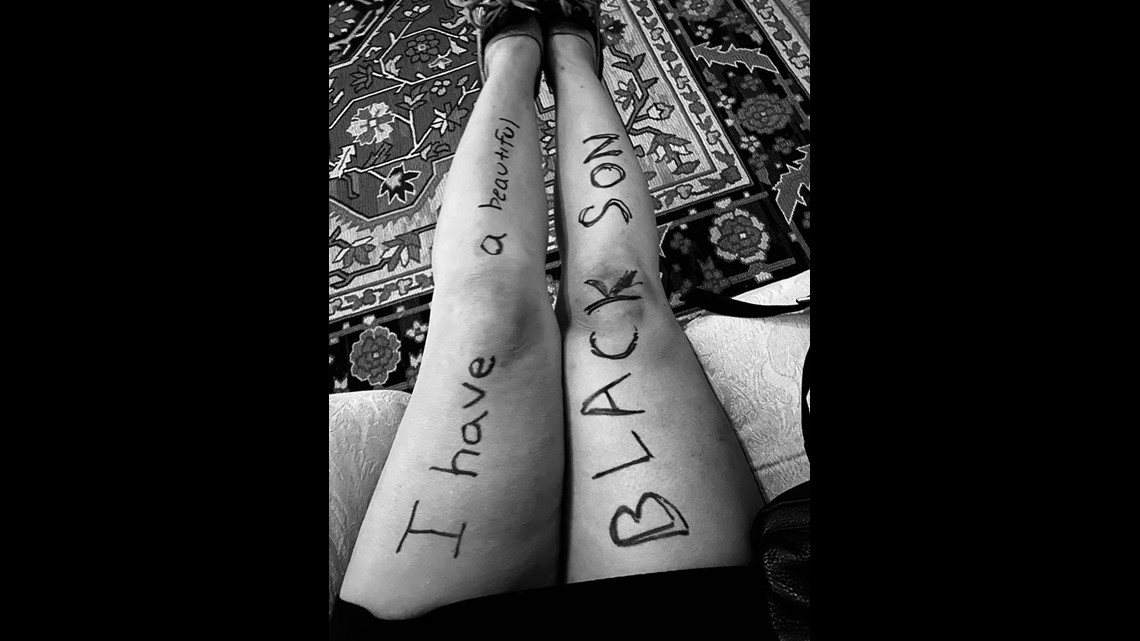
Field admits that race can be a "tricky" issue for parents and teachers but says the worse thing families can do is to say nothing. She advises families start talking to their children when they are young about slavery and the fact that most black people came to America under extremely different circumstances than immigrants.
"It's taken a very very long time to figure out how blacks and whites can live together and we're still trying to figure it out," Field says. \

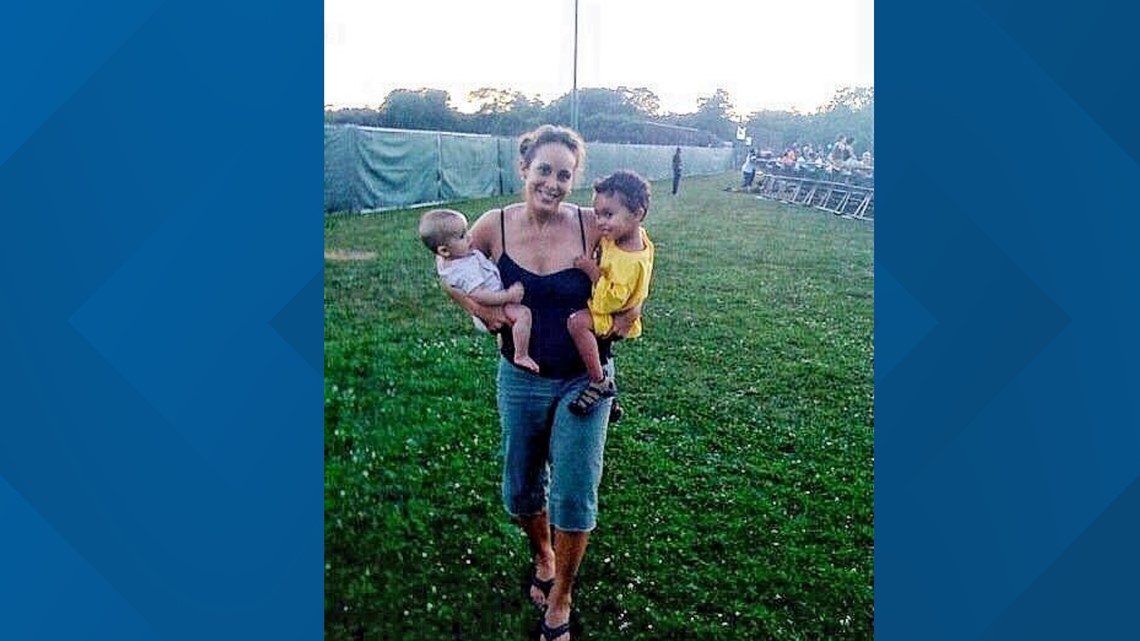
LAURA LIGOURI'S FAVORITE RESOURCES
(1) "26 Ways To Be In The Struggle Beyond The Streets" - this is a document that's started to be circulated outlining some really wonderful ways people can engage in anti-racism work.
(2) Books, books and more books. For those interested in a lengthier read there are just a wealth of resources out there. Here are a few of my favorites:
- How To Be An Antiracist - Ibram X Kendi
- White Fragility: Why It's So Hard for White People to Talk About Racism - Robin Diangelo
- Waking Up White and Finding Myself in the Story of Race - Debby Irving (Ms. Irving is from Maine)
- So You Want to Talk About Race - Ijeoma Oluo
- Just Mercy - Bryan Stevenson
- Between The World and Me - Ta-Nehisi Coates
- The Fire Next Time - James Baldwin
- “We Want to Do More Than Survive: Abolitionist Teaching and the Pursuit of Educational Freedom” – Bettina Love (even if you aren’t interested in the education sector, this book is absolutely one of my all-time favorites)
- For young readers: The Unsung Hero of Birdsong, USA – Brenda Woods
For those wanting to order from Black owned bookstores, here's a link.
(3) For those short on time, a few articles:
- “America’s Racial Contract Is Killing Us” by Adam Serwer | Atlantic (May 8, 2020)
- White Privilege: Unpacking the Invisible Knapsack” by Knapsack Peggy McIntosh
- “Who Gets to Be Afraid in America?” by Dr. Ibram X. Kendi | Atlantic (May 12, 2020)
- Your Kids Aren't Too Young to Talk About Race: Resource Roundup from Pretty Good
(4) Podcasts
(4) Trainings, Additional Resources & Places To Support:
- Me and White Supremacy: Combat Racism, Change the World, and Become a Good Ancestor - Layla F. Saad (this is a book, a series of trainings and a podcast series called Good Ancestor Podcast)
- Black Lives Matter - Portland (Maine-based)
- Acts of Change (Maine-based)
- Mindbridge (Maine-based)
- Racial Equity Institute (Has representatives in Maine)

